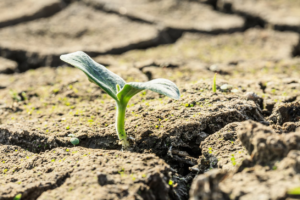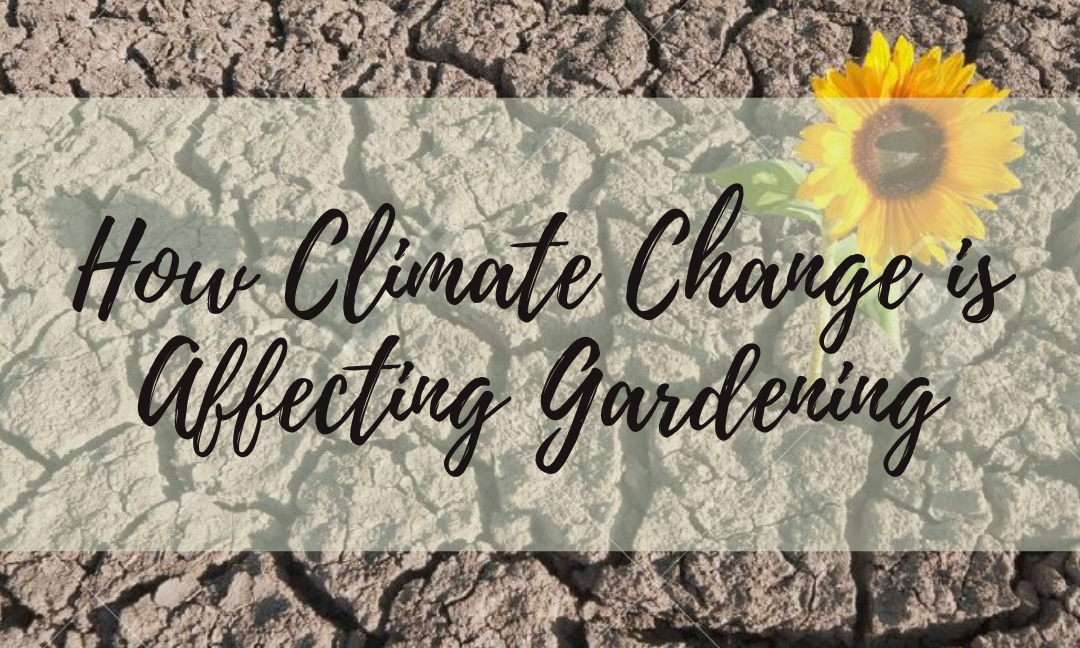Written by: Hamda Alvi
Have you ever just looked up into the sky and wondered how climate change is affecting your garden? If you have, allow me to answer this question for you.
1. Plant distribution is interrupted
Invasive and non-native plants slowly began to take over, as a result of climate change. Different plants start finding your garden habitable and began to thrive in new environments as a result of the new weather conditions. But this also means that the native plants are driven out since they are no longer able to thrive in that area.
2. Pollinator issues
Insects and birds that pollinate may arrive earlier and at the wrong time. This disrupts the relationship between birds, insects, pollinators, and other creatures and plants. This all affects your garden and ruins the natural process and pattern of events!
3. Different amounts of water
You may notice an increased amount of moisture in certain locations and less in others. Climate change and changing weather patterns are to blame. It’s possible that certain portions of your garden are getting more rain than usual, while others are too dry. This can be a major issue because dry locations may contain plants that require more water, whilst wet areas may have plants that require less water.
4. Unpredictable growing seasons
Like I mentioned above, climate change affects the pattern of events. By ‘pattern of events’ I meant it causes unpredictable growing seasons. “How?” you might ask. Well, for one, plants bloom earlier than expected due to higher average temperatures and changing precipitation patterns. This not only throws off the natural order of things but also delays the arrival of pollinators, extending allergy season.
Though these are just a few examples of how climate change is affecting gardening, you probably have a good idea of how much worse it will get if we do not stop climate change. And the good thing is, anyone can help stop climate change! You can start at home by doing things such as closing the tap while brushing your teeth, recycling, and closing lights when you are not using them! We must work together to put an end to this so our gardens can continue to flourish.
Resources:
- https://www.gardeningknowhow.com/garden-how-to/info/how-climate-change-affects-gardens.htm
- https://www.davelundtreeservice.com/climate-change-affects-your-garden/
- Picture: https://www.gardeningknowhow.com/garden-how-to/info/how-climate-change-affects-gardens.htm
A link you can use to learn more about climate change and how to stop it: https://davidsuzuki.org/what-you-can-do/top-10-ways-can-stop-climate-change/

